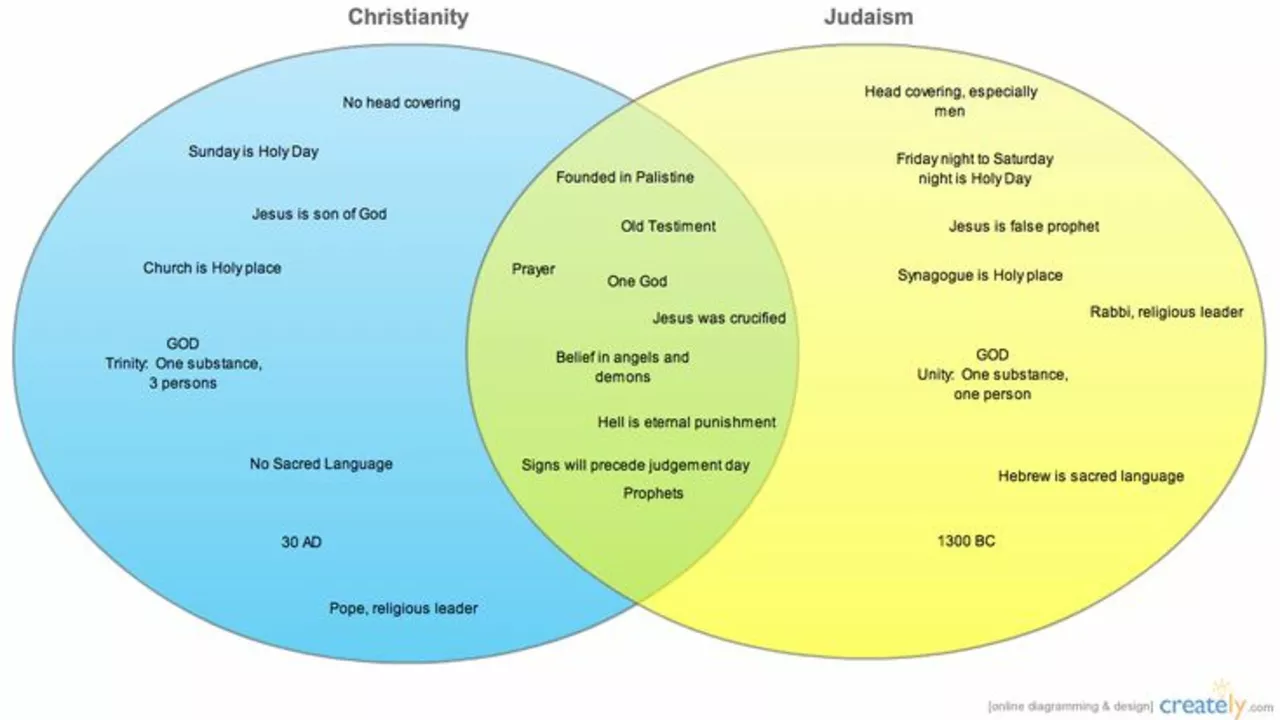Defining Religion and Cultural Evolution
Whenever I sit down to play a board game with my extremely competitive wife, Winona Griffin, and our two kids, Seraphina and Cosmo, there's an unwritten rule that every decision, every move, should be the result of deliberate, strategic thinking. In many ways, this mirrors the concept of cultural evolution. Now, culture is diverse and multifarious. It includes our arts, beliefs, customs, and knowledge, among others. It is our cultural framework that gives a societal structure. It is within this context that religion is often born and further evolves.
Religion, like culture, is a complex construct. It can't be merely defined as a belief in supernaturality or the propitiation of a higher being. Instead, it is a symbiosis of doctrines, rituals, moral values, community gatherings, and expected behaviors. It's an integrative system that addresses various aspects of human life. Fun fact, did you know that there are over 4200 religions in the world? Yes, each with its distinct flavor of beliefs and rituals! Now, why are there so many? Could it be that religion is simply an inevitable phenomenon of cultural evolution?
Tracing the Origins: Evolutionary Roots of Religion
As I trudge through my daughter's immense collection of dinosaur figurines in my quest to get to the living room couch, it always amuses me to think about the process of evolution. This physiological evolution, fascinating as it may be, has an intellectual counterpart: cultural evolution. Similarly, religion is believed to have emerged as part of this process.
Where is the evidence, you might ask? Let's travel back in time a bit. Prehistoric burial sites - our best source of insights into the minds of our ancestors - provide telltale signs of religious thinking. These early humans buried their dead ceremoniously, with personal items, suggesting a belief in afterlife. Archaeological evidence also points towards the existence of totemic religions and animistic beliefs among our history's first known civilizations, the Mesopotamians and Molten Age Europeans.
Functionality of Religion in Societies
Whenever I get into a quandary, like choosing between chocolate and vanilla ice cream (a battle I wage often), I always seek functionality, the purpose. The same applies to understanding religion, especially its role within a society.
Religions, despite their differences, share common functions that prove vital in societies. They provide cosmic explanations, moral frameworks, and promise of life after death, reducing existential anxieties of unknowingness. They are sources of social cohesion, fostering a sense of identity among individuals sharing the same belief systems. Remember the saying, “In unity, there is strength”? Religions exemplify this by creating communities under shared symbols and rituals. In essence, religions become a form of social glue, unifying generations through shared beliefs, moral standards, and rituals.
An Unfolding Product of Cultural Evolution
Think of culture as Play-Doh. Given time, it evolves and takes new forms carrying imprints of societal changes. Religion emerged as one such form.
While religions originate within cultures, they are never static. As societies evolved from small kin-based groups to large agrarian and then industrial civilizations, religions also transformed. They added layers of complexity and abstractness. Transitioning from animistic reverence for nature to complicated theological constructs, religions mirrored societies' cultural evolution.
This adaptive quality of religion reinforces its persistence and ubiquity across cultures, suggesting a significant role in human evolution and a testament to its being an inevitable product of cultural evolution.
The Societal Significance: Religion as a Cultural and Personal Adaptation
Remember when Cosmo, my son, baffled us with his decision to wear mismatched socks to school? It's quirky, yes, but somehow it works for him, much like how religion works for a society.
Religion’s emergence and encompassing presence across cultures make it a strong cultural adaptation promoting collective survival and longevity. It offers order, unity, stability, and societal control, which are important for a society's continuity. At the individual level, it provides a sense of purpose, social support, and a coping mechanism against life’s uncertainties. Religion, in this context, can be seen as both a societal and individual adaptation.
Religion: An Enigma of Evolution or Cultural Blueprint?
Whenever Winona and I converse about abstract themes, our debates usually end in a draw. Religion is a similar enigma. Is it merely an outcome of cultural evolution, or is it part of the underlying blueprint?
Many theories propose that religious tendencies may be linked to our neurobiology. These include the "God Gene" hypothesis, suggesting a genetic predisposition towards spirituality. However, tangible evidence is difficult to come by, leaving this area open for exploration and debate.
A Confluence of History, Culture, and Evolution
As we navigate our lives through the societal labyrinth, religion can sometimes feel like a calming lighthouse, giving direction amid tumultuous currents.
Religion is diverse, changeable, but above all, enduring. It morphs with the molding of culture and time, offering insights into our past and present, human nature, societal structures, and our collective aspirations. It's a conduit linking individual life, societal norms, and cultural evolution in a complex web.
To Infinity and Beyond: The Future Intersection of Culture and Religion
If Cosmo's steadfast exploratory endeavors of outer space are anything to go by, even our future may not be devoid of religious sentiments. With cultural evolution far from over, and with the advent of technology and cosmic exploration, religion may continue to morph and persist, validating its essential status as a product of cultural evolution.
So, is religion an inevitable product of cultural evolution? The answer isn't black-and-white but smeared with hues of history, culture, neurobiology, and existential seeking. However, as our cultural Play-Doh continues to evolve, religion seems likely to leave its footprints on the ever-rolling path of our collective journey.
